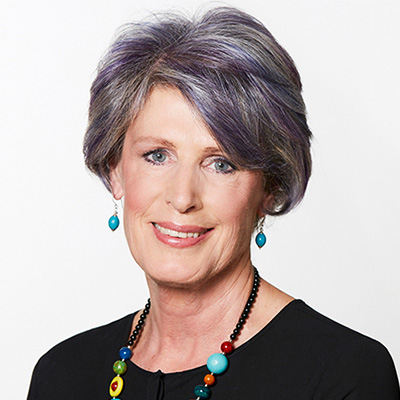
Family Courts: If their decisions are inevitable why go there, if their decisions are unpredictable, why go there?
One of the favourite hobbies of family lawyers is to discuss their court cases, and nothing makes for more excitement than when the Court ‘gets it wrong’. Unsurprisingly, one lawyer or the other often thinks that the court ‘got it wrong’, and there are unpredictable cases when the court does get it wrong.
On the other side of the coin are cases where the decision of the court is more or less inevitable for clients, and with sound, not-necessarily-legal, advice, many of these customers could completely avoid court.
There are cases where the odds fall somewhere between unpredictability and inevitability, or about 50% for both parties to the litigation.
Faced with the alternatives of unpredictability, inevitability, or even chances, is litigation in the family courts ever a rational choice?
Imagine consulting your surgeon to be told that the outcome of your major surgery is either unpredictable, avoidable or equally likely to succeed or fail. In those circumstances, would the choice of surgery ever be a rational choice?
At this point, ‘Is court ever a rational choice?’ seems the only question to ask.
Most family lawyers will tell you these days that ‘I settle all my cases’. What they don’t tell you, is that those settlements only happen whilst each party maintains the threat that they will go to court if a compromise can’t be reached, or only after court proceedings have been issued. These are adversarial negotiations.
That is a very different thing from working with skilled ADR practitioners such as collaborators and mediators, when clients have more control and self determination of their outcome. The two kinds of negotiation are not members of the same family.
A point that is not understood, is that the inevitable or unpredictable decision-making of the family court, hovers over adversarial negotiations. In fact, it is the very unpredictability or inevitability of court-based outcomes that drives some of these settlements.
Being involved in adversarial negotiations that can end in court carries risk. That is, the risk that you might end up with an unpredictable, inevitable or equal odds decision from the court, despite not wanting to go there and having decided to negotiate.
Again, imagine consulting your surgeon about ways to avoid surgery, and being told that your surgeon and GP will negotiate about it, and if your GP loses the negotiation, you will end up in surgery where the outcome is unpredictable, inevitable but avoidable, or is equally likely to succeed or fail. Would opting for surgery in that case ever be a rational choice?
So now the question becomes, “is adversarial, lawyer to lawyer negotiation ever a rational first choice, when there is the alternative of ADR?”
Given the ‘choices’ generally offered to separating couples, the inevitable increase in conflict, public and private cost, time, loss of productivity, and the fallout on children, isn’t it time to disrupt the thinking that litigation is the default position for separating families?
The truth seems to be that the separating public is under-informed about how to avoid court. The other truth is that lawyers with regular practices, which includes the ‘I settle all my cases’ mode of practice, don’t understand the distinction between ‘settling’ and ‘resolving’ issues, and therefore can’t and don’t properly inform their clients of the available process choices.
There are in Australia many highly skilled collaborative lawyers, psychologists and financial planners, and mediators. Collaborative practitioners and their clients commit to reaching agreements without resort to the court. The benefit of an interdisciplinary approach is that all issues that divorcing couples face, can be addressed. Mediators, including more than one mediator working together, also have deep training in negotiation, and work from the premise that success within the process is most likely.
Alternative Dispute Resolution (known as ADR or DR) is a rational choice, and should no longer be one of Australia’s best kept secrets.
By Marguerite Picard (who, after 30+ years in the profession, knows how true this is).

About The Author - Smart Separation.
It is my passion to challenge traditional thinking about divorce, to see common sense prevail so that divorce is separated from ‘the law’ and outside of courts. Apart from mediation and collaboration being my daily bread, as a practitioner and a trainer, I aim to change the world. A little. If you are keen to learn more about reaching an amicable settlement, please call 1800 960 064 for more information or an appointment.
